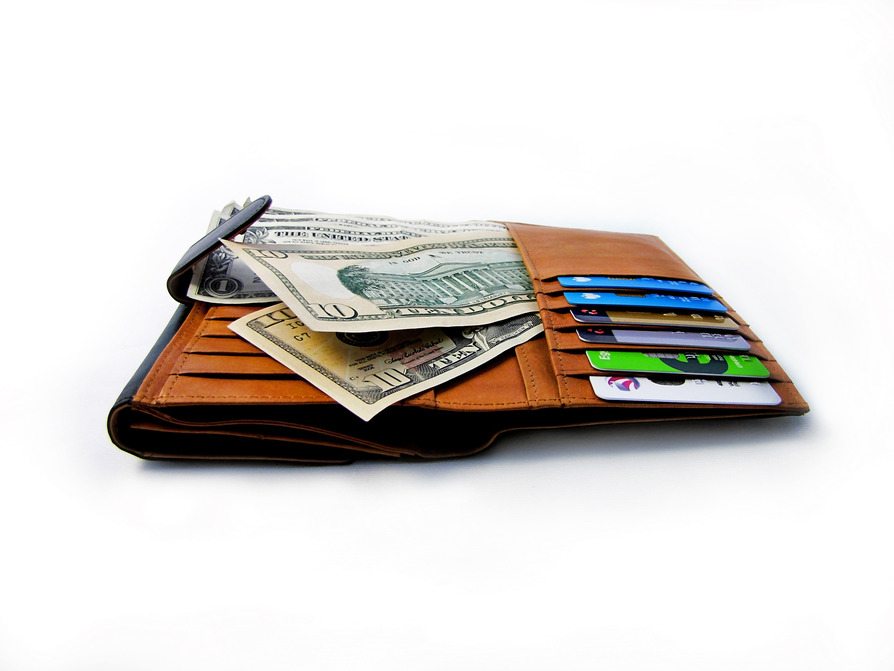Do you use a credit card for all your purchases? While some people do, others reserve their cards for only certain purchases. Nevertheless, there are several situations when using your credit card can make a huge difference.
1. Renting a Car
While it may be possible to rent a card using cash or a debit card, you shouldn’t do so. In fact, you don’t even have to try to understand how much of a hassle it is, you just have to be standing in line behind someone who is trying to rent a car without a credit card. Only then will you understand all of the identification, insurance, and security deposits required in these cases, which can take forever to process. Instead, you can rent a car very quickly and easily by presenting a major credit card. Although the rental car company will place a hold on a portion of your credit line, that’s a lot better than submitting a cash security deposit or having a hold on a portion of your checking account. Finally, nearly all credit cards will offer collision damage waiver policies, so you don’t have to purchase the expensive additional insurance offered by the rental car companies.
2. Booking a Hotel
Like renting a car, reserving a hotel room requires some kind of security deposit. Those who pay with cash may need to hand over hundreds of additional dollars, and those who use a debit card will likely have a hold placed on their account. Using a credit card will always be more convenient.
3. Buying Online
We might take it for granted that online shopping is safe and secure, but is it? When you pay with your credit card, you are protected by the Fair Credit Billing Act, which allows you to dispute charges when your purchases are never received, or when what you are sent is not what you ordered. Yet when you use a debit card or another method of payment, you don’t have these protections and are at the mercy of the merchant to make it right. And if a company won’t help you, your only recourse is to take it to court. In fact, you should always use a credit card when you are paying for goods or services that you haven’t yet received, in order to enjoy the strongest legal protections available.
4. When You Need Protection
Many major credit cards come with several different purchase protection programs that can be very valuable. For example, a common policy offered is an extended warranty program that increases the manufacturer’s warranty for one year. Some credit cards offer a purchase protection program that covers you in the event of theft or damage, typically within 90 days of purchase.
A return protection policy can be especially helpful when a retailer will not accept a return for some reason. And finally, there are some cards that come with price guarantee coverage that will refund you the difference if the price drops on the product you purchased. For example, Citi’s Price Rewind program will automatically refund the difference on items if it finds a lower price. All you have to do is register your purchases and you are covered for up to $300 per item or $1,200 per year.
5. To Earn Rewards
If you only want to use a credit card for a large purchase, it may be a good idea to focus on those where you can receive the most reward points, miles, or cash back. For example, there are reward credit cards that feature 2-6x rewards for purchases made at grocery stores, gas stations, and restaurants. Using your reward credit card at these times helps you get the most value out of your purchases.
6. When you have to extend payment
While you should always strive to avoid interest by paying your entire balance in full and on time, there are occasions where you simply need a loan to make ends meet. During these times, a credit card will offer much better terms than many other types of personal loans. And when you need cash, it’s better to put purchases on your credit card to keep your cash on hand than it is to use your card for a cash advance. Credit cards generally charge a higher interest rate for cash advances than for purchases, plus a cash advance fee. Also, there is no grace period on cash advances, so you will always be responsible for paying interest charges that start accruing the day your make a withdrawal.





Great info .thanks
This is my first time getting information regarding my credit status and how I can get it repaired.
Thank you
I just have to say I loved this article as I honestly did not know the repercussions of using a debit card. Now I will probably never use it except for certain circumstances, but thank you so much for such incredibly useful information.
I subscribed to Credit Solution as I thought I knew enough to get by with what I already knew about credit, but boy was I wrong. I absolutely love Mike’s tips …… so many that I’ve saved all of them so I have a Library of Credit Questions to go to when I have a question.
Not to mention I learn something new almost every time I get an email from him and for you, Jason, I truly thank you for explaining why using your debit card is not a wise idea. I admire people like you and Mike that help those of us that are just too busy to learn about all this stuff but my biggest problem is I usually learn too late; I’ve already committed the dreadful mistake!!